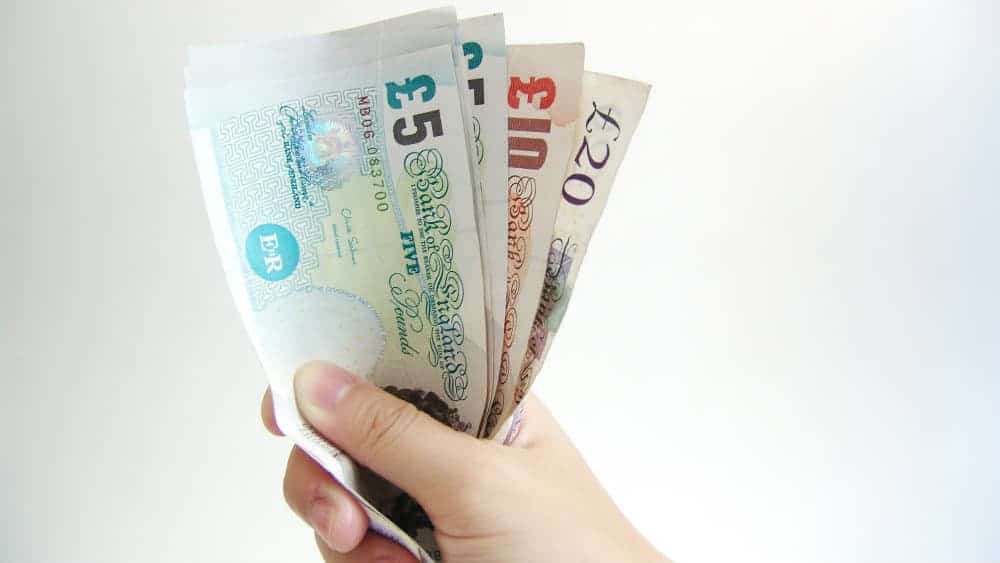Are you an expert with a vacuum cleaner and you love to clean? You might be wondering how to start a cleaning business. Read on for our step-by-step guide.
1. Identify your target market
Think about the type of cleaning you want to do. There are three basic types: domestic, commercial and specialist.
Specialist cleaning requires special equipment and training, so you won’t start earning as quickly.
Commercial cleaning can also require special equipment, but this will depend on the size of the building you are cleaning. You could opt to provide services for small businesses only.
A domestic cleaning service can be set up relatively quickly. But you need to be comfortable with entering other people’s homes. If not, then an interesting market could be cleaning empty properties for landlords at the end of tenancies.
2. Sort your legal obligations
You will need to register with HMRC as self-employed when you start your cleaning business. Make sure you know the important tax deadlines for filing your tax returns.
It’s worth opening a business bank account so you can keep your business and personal finances separate. This will make it easier for you to keep track of your business expenditure.
You will also need to think about getting a public liability insurance policy. This will protect you from claims for personal injury or loss suffered by your clients due to your work.
Having insurance also sends a message to your clients that you are serious about your work and the service you provide.
3. Organise your paperwork
When planning to start a cleaning business, establish a system for keeping records. This will be important going forward, especially if you plan to grow your business.
Make sure you know how long you should keep your tax records and bank statements.
It’s a good idea to set up a payment system so that your clients can pay you easily. You should be able to provide proof of purchase and keep a record of payments.
Establishing and maintaining a system for keeping paperwork will help you in a number of different ways.
The process of filing tax returns will be much easier. Any problems associated with payments can be quickly identified. If you need to cut costs, it will be much easier to identify ways in which you can do this.
If you prefer to focus on the business itself rather than the paperwork, you could consider hiring someone to take care of this for you.
4. Work out your cash flow model
At the end of the day, you want to start your cleaning business to make money. So, you’ll need to work out how you can do this.
You will need to identify the following:
-
Your costs for equipment, supplies and overheads – including transportation, clothes or uniforms, if applicable
-
How much to charge your clients – you can charge for each job or by the hour
Organising budgets will make it easier to control your cash flow. It’s a good idea to be aware of the different types of budgets used for small businesses.
5. Source suppliers
If you use a cash flow model, you should know your budget for equipment and supplies.
When you start your cleaning business, you’ll need to source suppliers and purchase cleaning equipment.
Buying in bulk can help you secure a discount, but do make sure you have adequate storage first.
6. Think about promotion and advertising
In the digital age, promoting your business has never been easier. There are a number of different online channels you can use.
If you like the idea of using the internet but don’t like social media, you could create your own website.
There are other more traditional ways to promote your business. The best strategies to use will depend on your target market.
If you are interested in providing domestic house cleaning services, you could post flyers through doors.
If you would prefer to provide commercial cleaning services to small businesses, you could contact your local Chamber of Commerce who can put you in touch with potential clients.
Take home
If you want to start a cleaning business, keep it simple. Start small and grow the business slowly.
Don’t be disappointed if you don’t make money straight away. Growing a business takes time and patience. Taking it slow and keeping it simple will enable you to grow your business in the right way.







